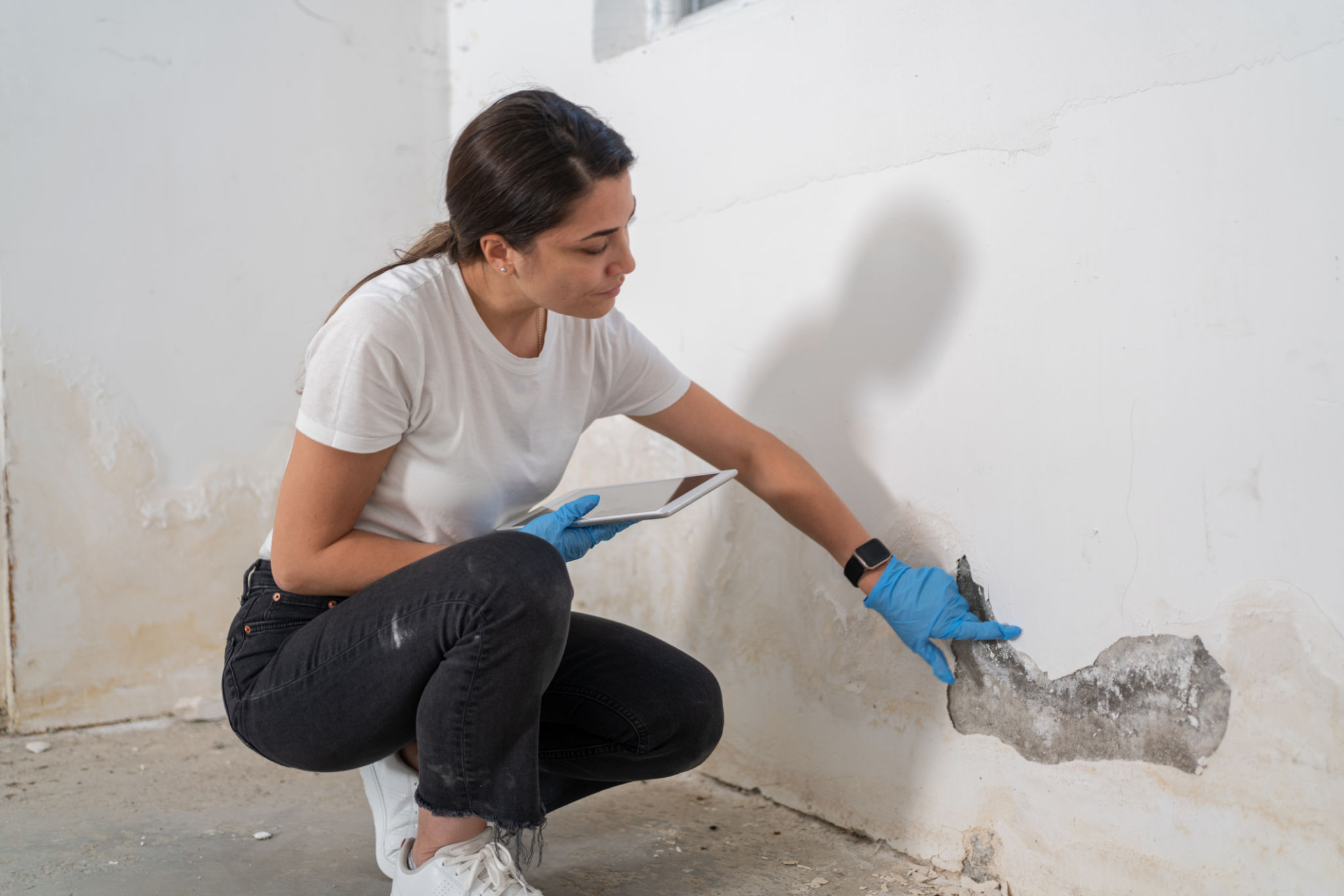How to Protect Your Computer from Georgia's Humid Climate
Understanding the Impact of Humidity on Computers
Georgia's humid climate can pose significant challenges for maintaining your computer's health. High humidity levels can lead to moisture buildup inside your devices, resulting in corrosion and potentially damaging sensitive components. Understanding these risks is the first step in protecting your computer.
Humidity can also affect the performance of your computer by causing overheating. Moisture can interfere with the cooling systems, reducing their efficiency and leading to increased internal temperatures. This makes it crucial to manage the ambient humidity levels effectively to prevent long-term damage.

Keeping Your Computer Dry
A simple yet effective way to protect your computer from humidity is to keep it dry. Consider using a dehumidifier in your home or office, especially in areas where your computer is located. This device helps reduce moisture levels in the air, providing a safer environment for electronics.
Another practical solution is using silica gel packets. These small packets can be placed near your computer to absorb excess moisture. Ensure that your computer is placed in an area with good air circulation to further minimize the risk of moisture retention.
Regular Maintenance and Monitoring
Regular maintenance is essential in protecting your computer from Georgia's humid climate. This includes cleaning the interior components of your computer to remove dust and debris that can trap moisture. Use compressed air to gently clean the fans and other sensitive parts.

Monitoring the temperature and humidity levels around your computer is also important. Consider investing in a hygrometer, a device that measures humidity. Keeping an eye on these levels allows you to take immediate action if they become too high, thus safeguarding your device.
Choosing the Right Location
The location of your computer can significantly impact its exposure to humidity. Avoid placing your computer near windows, doors, or any area that might be prone to dampness. Instead, opt for a space that is well-ventilated and not directly exposed to sunlight, which can worsen humidity effects.

If possible, elevate your computer off the floor. Floors can be cooler and more humid, especially in basements or lower levels of a building. Positioning your computer on a desk or shelf helps reduce its exposure to these conditions.
Using Protective Covers
When not in use, consider covering your computer with a dust cover that can also act as a barrier against moisture. These covers are designed to protect electronics from dust particles and other environmental factors, including humidity.
Remember to remove the cover when using the computer to prevent overheating. Keeping the device covered while it's running can trap heat and potentially cause damage.
Power Surge Protection
Georgia's humid climate often comes with thunderstorms, which can lead to power surges. These surges can damage your computer's components, so it's wise to invest in a quality surge protector or an uninterruptible power supply (UPS). These devices help safeguard your equipment from electrical spikes that may accompany humid weather conditions.
By taking these preventative measures, you can ensure that your computer remains safe and functional despite the challenges posed by Georgia's humid climate. Regular monitoring and maintenance are key to extending the lifespan of your devices and maintaining their performance.
